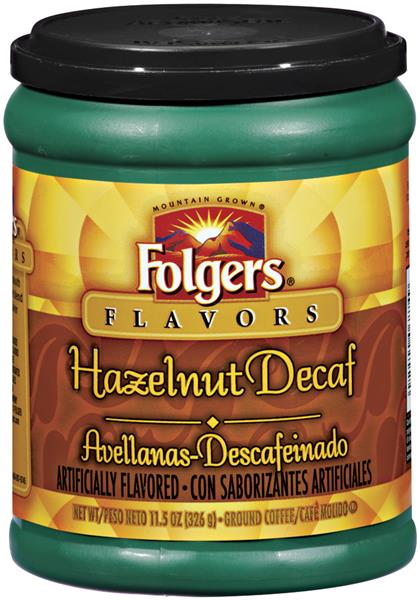

The greatest challenge is to try to separate only the caffeine from the coffee beans while leaving the other chemicals at their original concentrations. Coffee is always decaffeinated in its green (unroasted) state. What All Decaffeination Processes Have in Commonīefore we look at any specific decaffeination process let’s see what they share in common as a group. cup of decaffeinated coffee, which originally might have been packed with 180 mg of caffeine, now only would contain 5.4 mg of caffeine. 
In fact, a decaf coffee only needs to be 97% caffeine-free according to the USDA. PS: I’ve written another article that covers other methods to cut down on caffeine.Ĭan it be done? Can you really have a GOOD cup of coffee that has been subjected to a decaffeination process? Read on and make up your own mind whether it’s possible.ĬAVEAT EMPTOR: “decaffeinated” does not mean 100% caffeine-free.

Yet there are about 10% of coffee lovers who would like to enjoy a good cup of coffee without the stimulating effect of caffeine.

Some go even so far as claiming that it goes against the natural order of things… Caffeine occurs in coffee naturally, so any method of decaffeination (no matter how good it is) is considered by many aficionados unnatural.
Spilling the beans: How much caffeine is too much? (2018).Let’s begin by stating the obvious. Public health statement for methylene chloride. Coffee consumption and health: Umbrella review of meta-analyses of multiple health outcomes. Caffeine extraction from raw and roasted coffee beans. #FOLGERS DECAF COFFEE CAFFEINE CONTENT CODE#
CFR - code of federal regulations title 21. Basic report: 14201, beverages, coffee, brewed, prepared with tap water, decaffeinated. You can learn more about how we ensure our content is accurate and current by reading our editorial policy. We link primary sources - including studies, scientific references, and statistics - within each article and also list them in the resources section at the bottom of our articles. Medical News Today has strict sourcing guidelines and draws only from peer-reviewed studies, academic research institutions, and medical journals and associations. Some medications, such as certain antibiotics and antidepressants, can also interact with caffeine, so a doctor or pharmacist may recommend limiting or avoiding caffeine while taking these drugs. digestive issues, such as stomach ulcers or acid reflux. The FDA also advise that women who are pregnant, breastfeeding, or trying to become pregnant should speak to their doctor about safe caffeine levels.ĭoctors may also advise people with certain medical conditions to limit their caffeine consumption. The FDA recommend that adults limit their caffeine consumption to no more than 400 mg per day, or around four or five cups of regular coffee.Ĭonsuming too much caffeine can cause unpleasant side effects in some people, including: The researchers observed the greatest risk reduction in people who drank two to four cups per day.įor those looking to reduce their caffeine intake, perhaps the main benefit of decaf coffee is its much lower caffeine content. That said, the authors of the 2017 review did find a link between drinking decaf and a reduced risk all-cause mortality and death from cardiovascular causes. So, it is not clear whether the health benefits of regular coffee extend to decaf. However, much of the research looked at the health benefits of regular coffee, with few studies focusing on decaf coffee specifically. Share on Pinterest Research suggests coffee contains several compounds that can lower a person’s risk of developing certain cancers.Ī growing body of scientific research suggests that coffee contains several compounds that are beneficial to human health.įor example, a large 2017 review suggests that drinking coffee can lower a person’s risk of developing certain cancers, including:








 0 kommentar(er)
0 kommentar(er)
